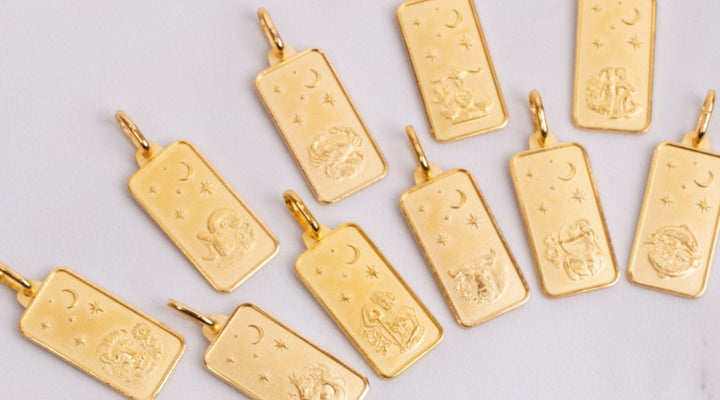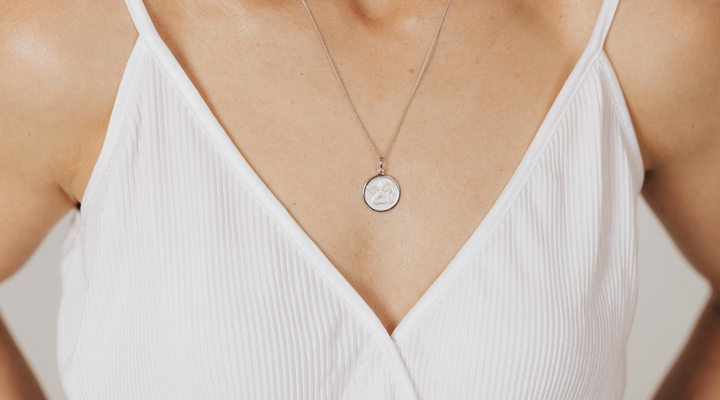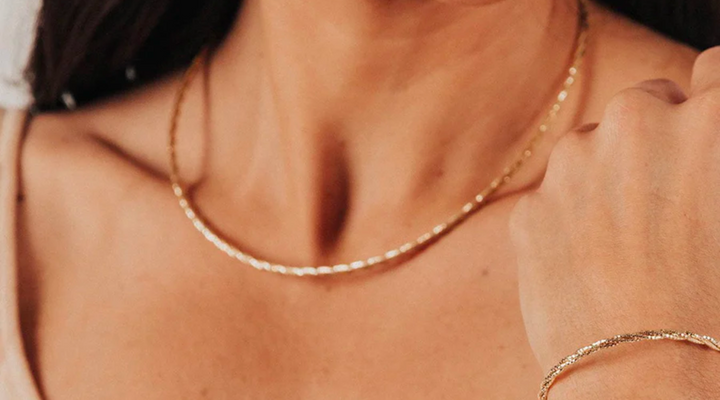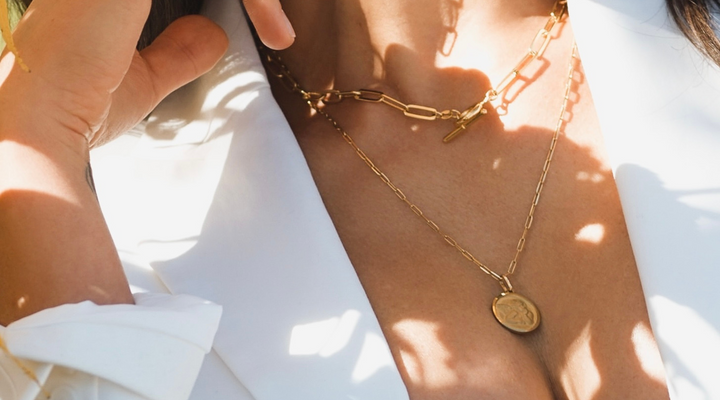How to Clean a Bracelet: Everything You Need to Know
Posted by Deven Davis on
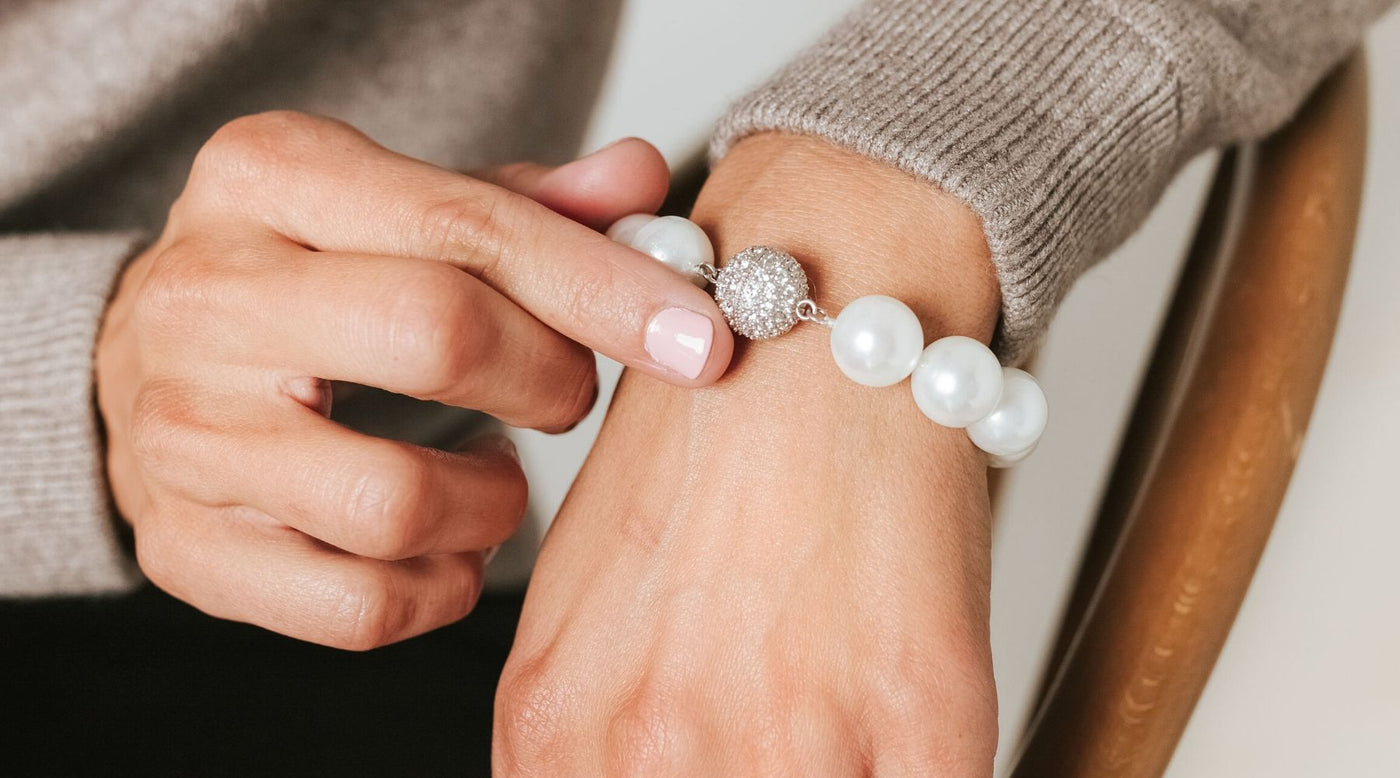
How to Clean a Bracelet: Everything You Need to Know
Do you want to learn how to clean your bracelets along with other forms of jewelry? If yes, you should check out this guide.
Keyword(s): how to clean a bracelet
Are your bracelets beginning to show some age? Most metals will show their age after some time, which can make a horrible statement if you're not into the antique look.
If you've ever wondered how to clean a bracelet or other piece of jewelry you're in the right place.
Read on and we'll show you the cause of aging metals and how to reverse the process easily and at home.
Oxidation and Oils
There are two main causes of dull metals and stones.
Oxidation occurs with most metals. Silver, especially sterling, will begin to darken over time. Fine silver also develops a patina but at a much slower rate.
Copper, on the other hand, can develop a darker color in only a few days' time if it's not treated with some sort of coating.
Oxidation causes the "antique" look in jewelry. For some pieces it's even considered desirable, many jewelry designers use a careful combination of polished and oxidized materials to create a textured look.
On the other hand, if you're a big fan of your gleaming silver bracelet you'll want to know how to clean it.
Gold is, theoretically, unable to tarnish. The problem is that most gold isn't a pure alloy. 24K gold will hold a gleaming finish without oxidation for a long time, but 14K gold and other alloys can tarnish over time.
The purer the gold is, the longer it will take to tarnish but most people have seen a gold piece of jewelry dull over time.
This happens from the oils and dust we come into contact with throughout our daily lives. Things like perfume, hairspray, and even lotions can create a thin film of oil over the surface of the bracelet or other pieces of jewelry.
Even stainless steel, which is virtually immune to oxidation, will begin to dull over time.
Fortunately, both problems are relatively easy to take care of.
A Word of Warning About Stones
If your piece of jewelry contains stones, you'll need to know what they are.
Most stones are quite resilient, but special care should be taken if the piece contains any of the following:
- Pearls
- Lapis Lazuli
- Turquoise
- Shells
- Opal
- Coral
Some other stones can be vulnerable to the cleaning process as well. Make sure you check before attacking a piece of jewelry with a harsh cleaning process. The IGS has a great guide for stones you should check before washing any new piece.
How to Clean a Bracelet or Other Piece
As we said above, there are two possible sources for jewelry dulling.
In a fortunate coincidence, the first step in cleaning the metals will remove oils, allowing you to see if you need to remove the tarnish from the metal or not.
First Up, a Detergent Wash
Add a few drops of dish detergent to a bowl or other container after filling it partway with water.
You don't need a ton of detergent, just enough to get a bit of suds going. Usually, two or three drops per cup will give you the right amount.
Allow the jewelry to sit in the water for three to five minutes. Afterward, all you'll need to do is brush the metal and stones gently with a soft brush or cloth. Toothbrushes work great.
Inspect the piece after drying it with a rag. 24K gold and stainless steel are usually finished by this step and often it will also clear up stones which have dulled from oils settling on their surface.
Copper, silver, and 14K gold will often need you to move on to a different cleaning method to remove oxidation. Which you use will depend on whether or not you have any stones set in them.
Cleaning a Bracelet With Vulnerable Stones
If the stone set in the bracelet is vulnerable, you'll need to be careful.
Serious jewelry collectors will have a non-abrasive polishing cloth somewhere in their supplies. They're a great thing to have around for those who have jewelry with fragile stones. You can use them to scrub off surface oxidation without worrying about damaging the stone.
If you don't have a polishing cloth then you can use a soft brush and make a paste of cream of tartar. Be careful to avoid the stone as much as possible, the solution is mildly abrasive and can scratch particularly soft stones.
Cleaning a Bracelet Without Vulnerable Stones
On the other hand, if you have solid stones in your piece or the piece lacks them entirely you'll be able to use more aggressive methods to get the metal sparkling.
The easiest way is to use a vinegar and salt solution and scrub vigorously with a brush. This will strip away the surface oxidation in no time, ensuring that you have a clean surface.
For particularly bad tarnish(think blue on copper, dark black on silver) you can get a bit more aggressive. Pour some salt in a bowl then dip a cloth in vinegar before tapping it in the salt. The mush will be heavily abrasive and mildly acidic, making short work of any oxidation on the metal.
Rinse the piece of jewelry in water afterward then dry and you'll be surprised at the results.
Don't Let Tarnish Get You Down
Many people avoid buying pieces they'd otherwise love because they know they'll tarnish with time. Knowing how to clean a bracelet or other piece of jewelry can remove that little bit of anxiety.
There's no reason to avoid a metal simply because it ages.
So, now that you've got the tools to ensure a clean silver piece, why not look over our selection and find the right bracelet to fit your style.
Like this blog post? Don't forget to pin it!


